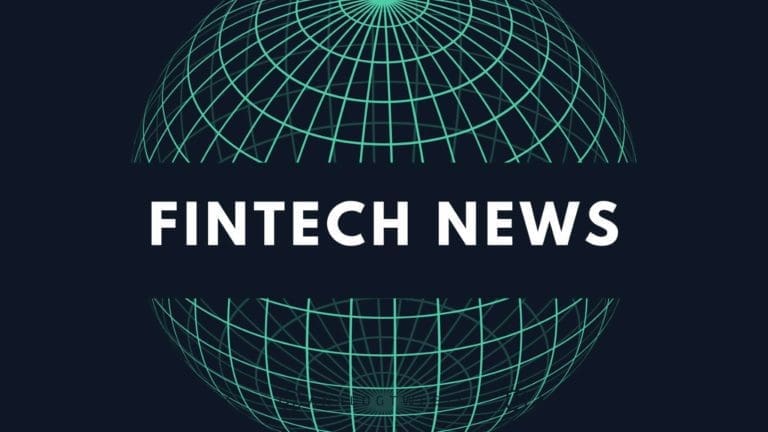This past week was not as busy as previous weeks when it comes to big fintech news. But there was still plenty to talk about. We had the Fed finalizing guidelines for access to its payment systems, a look at the Visa-Mastercard duopoly, projections on what an Apple checking account might look like, Affirm CEO wishing for a recession, fintech lenders with higher borrowing costs and more. Here are what I consider to be the top ten fintech news stories of the past week.
Federal Reserve Finalizes Guidelines for Access to Its Payment Systems from The Wall Street Journal – The Fed announced this week long-awaited guidelines on granting access to its payment systems. There will be a three-tiered approach with, not surprisingly, crypto firms occupying the bottom tier thus receiving the most scrutiny. But, hey, at least they are in the conversation now.
Can the Visa-Mastercard duopoly be broken? from The Economist – Visa and Mastercard are two of the most profitable companies on the planet with trillions of dollars in transactions passing along their rails every year. But their duopoly is under threat from many sides: fintech firms such as Stripe and Klarna, crypto firms, potential CBDCs, FedNow and possibly even Apple.
How Apple Will Revolutionize The Checking Account from Forbes – Speaking of Apple, Ron Shevlin looks into his crystal ball to consider what a checking account from the tech giant might look like. He doesn’t think it will be a kitchen sink-type account, but rather one that takes away the complexity and even questions the very concept of the “account”.
Affirm CEO Says Next Recession Will Silence Fintech Lender’s Doubters from The Wall Street Journal – Max Levchin seems to be willing a recession into existence, he is that confident that Affirm’s underwriting will be shown to be resilient should that happen. It might be a case of be careful what you wish for…
Rising Interest Rates Put the Squeeze on Fintech Lenders from The Wall Street Journal – Many fintech lenders rely on bank warehouse lines for funding and with rising interest rates that funding is getting more expensive. Upstart, Mosaic and Carvana are just three examples of fintechs that have seen their funding costs increase but it is being felt across the industry.
BitGo seeks $100M in damages from Galaxy Digital for calling off $1.2B acquisition from TechCrunch – In May of last year this deal created huge headlines. It was the first billion dollar acquisition in the history of crypto, announced as the prices of tokens were surging. Fifteen months later Galaxy Digital has called off the deal and BitGo is not happy and is seeking more than $100 million in damages.
PoW vs PoS and why you should care from Fintech Nexus – As the Ethereum Merge draws closer (it is scheduled for mid-September) we thought it would be useful to do a deep dive into Proof of Work versus Proof of Stake blockchain. Bitcoin is PoW and Ethereum is moving from PoW to PoS.
Federal Reserve issues guidance for banks considering crypto activities from Reuters – The Fed issued guidelines this week for any bank that is looking to engage in crypto-related activities. Banks need to have appropriate risk management and controls in place and ensure they are compliant with consumer protection statutes.
Crypto Is Taking a Few Small Banks on a Wild Ride from The Wall Street Journal – Speaking of banks involved in crypto there are a few small to mid-sized banks that have gone all in. Silvergate is the chosen bank for many of the leading crypto exchanges and it has seen its deposits rise and fall dramatically this year. Signature Bank is the bank for bankrupt crypto lender Celsius but it has grown its deposits to $104 billion, thanks in part to the growth in crypto. Customers Bank is newer to the party but its payments system has attracted more than $2 billion.
Consumer Fintech Returns to the Trend Line from Andreessen Horowitz – The a16z newsletter is always good reading and the August issue takes a look at consumer fintech in the context of the past two and half years. There is a super interesting graphic on fintech app download that shows the number returning to the long term trend line after surging during the pandemic.


